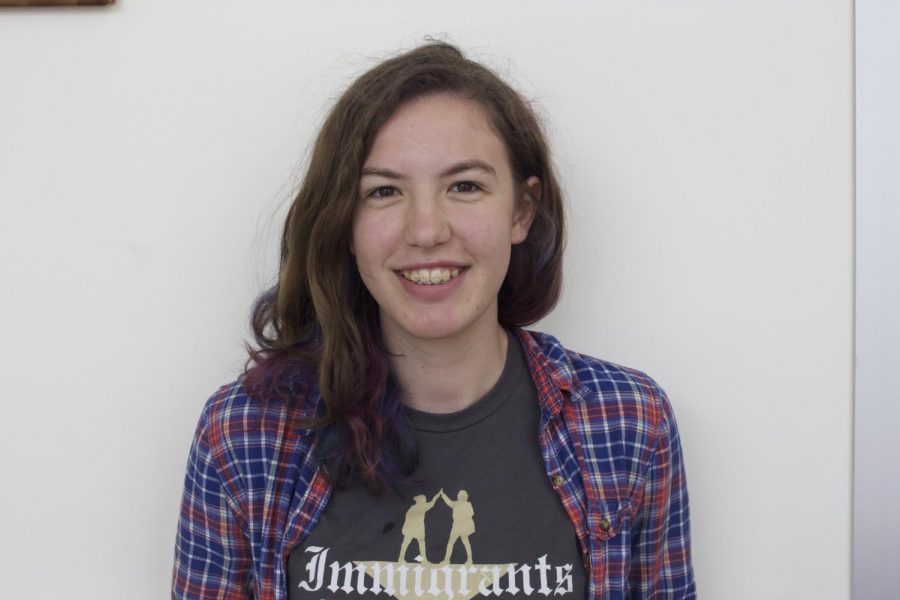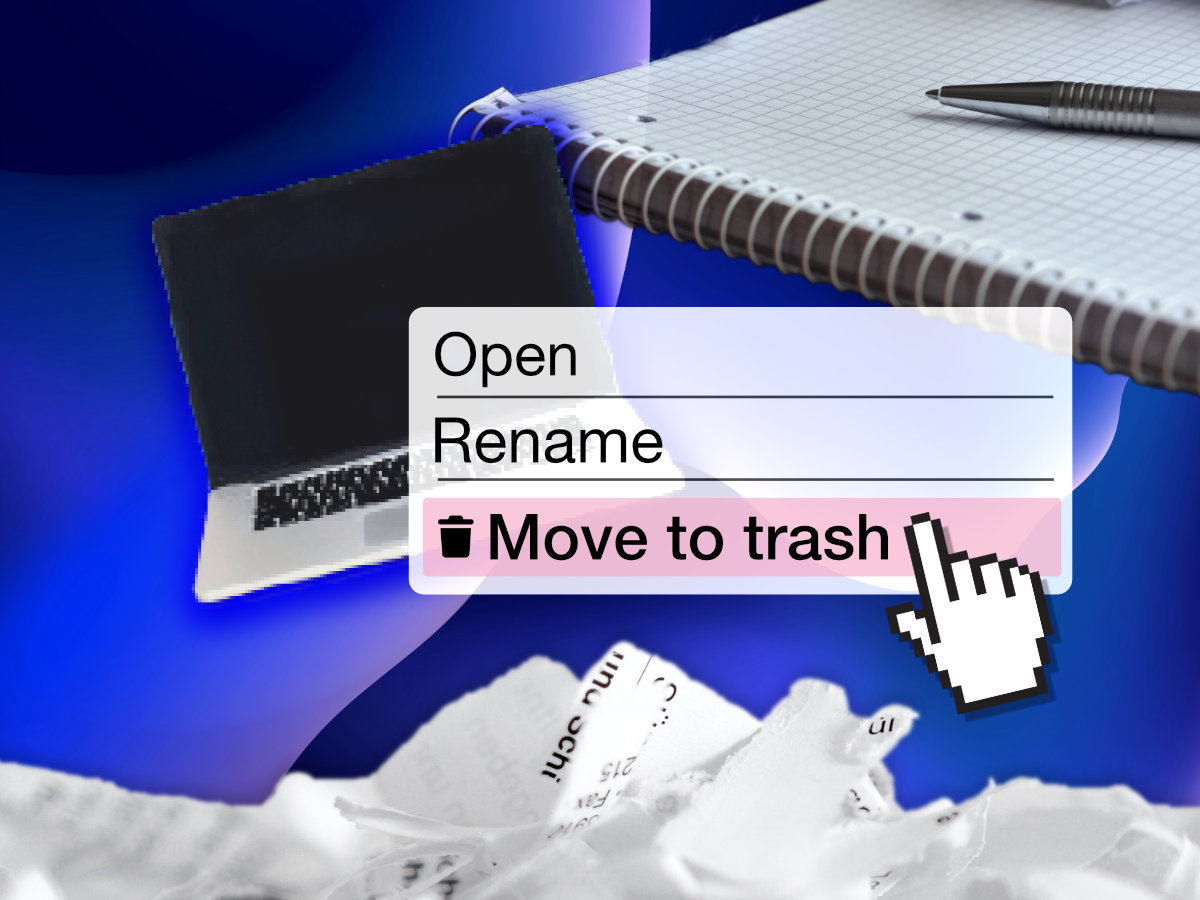Odds that the person reading this is marginalized in some way is higher than one would think.
Don’t believe me? Then answer these questions: do you identify as a cisgender primarily masculine male? Are you heterosexual? Are you Christian or another religion that is Protestant and Catholic? Are you Caucasian or otherwise white? Were you born in the United States? Is your and/or your family’s income above the poverty line? Are you not disabled in a physical or mental sense? If you answered no to any of these then you are part of the discriminated population within America. If, however, you managed to answer yes to every one of these then congratulations! You don’t have to deal with the belittlement, teasing, bullying, discrimination, racism, homophobia, and all around hate that a majority of the population does. It is amazing how so many people within the “Land of the Free” feel anything but free. One example of people face constant discrimination are Latinos.
“When I was younger a lot of people were like ‘oh you gonna be a rabbit’ which means ‘oh you’re gonna have a lot of kids because rabbits have like eight kids at a time.’” Said Paloma Felix, a pansexual Latina. “That was something I had to get used to growing up. I was told ‘you’re gonna have hella kids. You’re not gonna go to afford it. definitely that stereotype. And when people talk about Trump and politics, especially this year, you hear a lot of racial jokes. Like ‘oh Trump’s gonna deport your entire family.’ No, my family is here legally and we all live here. That’s that.”
People like Felix experience discrimination from not only the outside world but receive backlash from their own people due to stereotypes
“A lot of my family did that and a lot of my family is currently doing that.” said Felix. “I’m the new generation so I get to prove to people that it’s not part of my dna. I can go to college. I can go to a four year. I don’t have to get pregnant at 18. My cousin made a joke recently. She said ‘Graduated without a kid!’ She shouldn’t have to say that but it’s embedded in our heads. People like me hear ‘Congrats! You graduated high school without having a kid.’ It shouldn’t be an accomplishment but people genuinely celebrate it.”
Even though marginalized groups receive mistreatment, it doesn’t stop them from begin proud of who they are, where they came from, and their family’s history.
“Yes I speak Spanish,” says Felix. “It does not mean I grew up in Mexico. If anything English is my better language than Spanish. I am definitely proud to be Latina. I am proud that my family comes from this ethnic background. We’re not just grilled cheese and sodas, We’re tamales, pasoles, there are so many things that you never even knew. [being latina] is who I am. Being Latina just makes me me. If I wasn’t Latina I wouldn’t be close to my family. It wouldn’t be something me and my family could relate to because if I was anything else. Latina is like saying ‘hey I’m part of something much bigger and this is who I am.’ Being Latina means my family went through a lot to get here.”
America is full of people that aren’t just Latino or English, it is a melting pot of different cultures that at one point or another were immigrants to this country, whether it be a thousand years ago or in current times.
“To be honest [being an Australian immigrant] doesn’t really affect my life that much externally.” said Aryah Seed, a female Australian immigrant. “Internally I love it. It’s the greatest thing in the world. I’ve been here for nine years now and no one really knows I’m Australian until I tell them. It doesn’t really affect my life that much except for jokes about it and stuff. When I was a bit younger it affected me more because when I first moved here people cared more that I had an accent more than my actual personality. It was hard when I first came here because no one wanted to be friends with me they just wanted to hear me say words in a weird way.”
Seed found that even though she’s an immigrant she gets equal treatment to Americans. She is from a country that was created by criminals and has a history of doing some horrific things. She noted that if politicians are really worried about crime they should watch out for Australian immigrants not Hispanics, Latinos, Chicanos, or Cubans.
“I’m and immigrant but I get equal treatment to any other white American because I’m white.” said Seed. “You hear all these things in the election saying ‘we shouldn’t let Mexicans into our country, they’re criminals.’ My point of view is, I’m an immigrant and i come from a country that was founded by criminals that everyone knows as being a criminal content, so what’s so different about me? I like to poke people with that because it’s just ‘oh you’re just really racist, you don’t care about crime.’”
Marginalized groups are bigger than just races, there are also gender and sexuality discrimination.
“It’s definitely opened my eyes since I joined they LGBTQ community,” said Felix. “I’ve met so many new people. I’ve met people that I would’ve never thought [I’d ever meet]. It’s taught me that not everyone is gay, not everyone is straight. There are people that don’t even like sex or don’t even like other people. There are a lot of terms that a lot of people don’t know of. Once my eyes opened up I realized I wasn’t the only one. There’s definitely a lot of support so I don’t feel like the odd one out.”
Even though the LGBTQ community doesn’t get much attention from those not involved in the community those involved within it are proud to be who they are.
“[I’m definitely proud of being pansexual] because it means I’m different,” said Felix. “I’ve always felt different and unique in a way. People are always like “how are you unique?” and I’m like “I’m pansexual dude. I could like you and your sister at the same time for their personality and you’ll never know.”
Marginalized groups within the US do face discrimination and unequal treatment, however, that doesn’t stop those within those groups to feel pride for who they are.
“To me I’m a person,” said Felix. “That’s it. There’s nothing to it. Who I’m sexually attracted to doesn’t define who I am. It does and it doesn’t. It’s a part of me it isn’t all of me. It shouldn’t define my name and it shouldn’t define my actions.”









